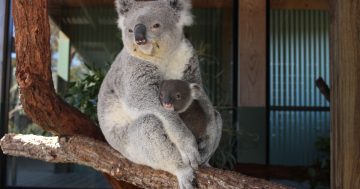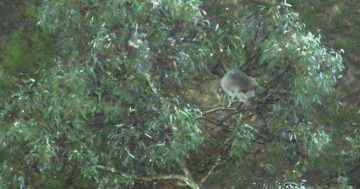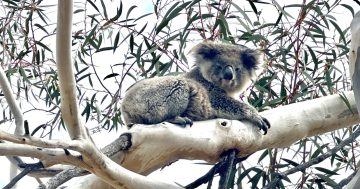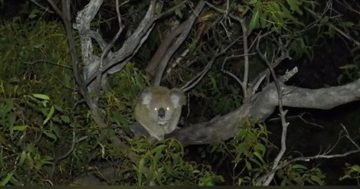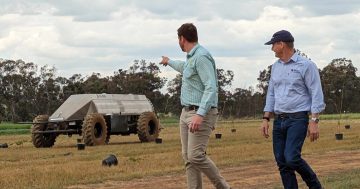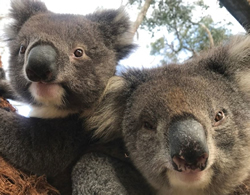 The Department for Environment and Water (DEW) has partnered with Flinders University and conservation charity Koala Life to develop facial recognition technology that would help save koalas.
The Department for Environment and Water (DEW) has partnered with Flinders University and conservation charity Koala Life to develop facial recognition technology that would help save koalas.
Minister for Environment and Water, David Speirs said non-invasive koala monitoring techniques were being developed using drones and the facial recognition technology to count, identify and re-identify koalas.
Mr Speirs said the cutting-edge technology would be used as part of a study on koalas at Kangaroo Island and the Adelaide Mount Lofty Ranges to get a better understanding of both their numbers and their movements.
“It is very important for us to develop non-invasive techniques to help monitor animals in a safe way, and facial recognition through drone monitoring is utilising the latest technology to achieve this,” he said.
Researcher at Flinders University, Diane Colombelli-Négrel said koala behaviour and physiology would also be monitored during the research to test the impact of the drones and assess whether the koalas showed any signs of stress.
“Drone use in animal research is used a lot across Australia, especially in Queensland to monitor koalas,” Dr Colombelli-Négrel said.
“Until now, potential behaviour and physiological impacts haven’t been extensively researched, so we are one of the few groups investigating this,” she said.
“Koalas are declining in parts of Australia and, while in South Australia numbers are pretty good, the recent fires have reduced the numbers dramatically.
“We need to ensure that we are aware of the new numbers and how they are recovering post fires, so we can then work towards reducing impacts that affect their survival.”
Dr Colombelli-Négrel said results would be shared with other researchers to encourage greater application of artificial intelligence to identify animals in the wild.


